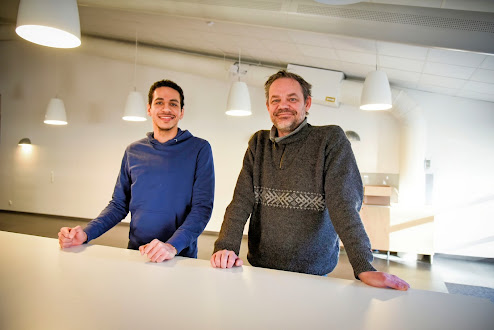During the fetal stage, a number of so-called cell programs run that are vital to the development of the fetus. In a study published in Cell Reports, researchers from Lund University demonstrate that one of these fetal programs appears to protect against acute myeloid leukemia (AML).
“We have used an experimental mouse model that always results in this type of leukemia. The interesting thing is that, when we added to adult mice a specific molecular cell program that normally only runs during fetal development, over half did not develop AML,” says David Bryder, professor of experimental hematology at Lund University.
The fetal program that the researchers used consists of the RNA-binding protein LIN28, the normal function of which is to regulate other genes. LIN28 is usually only expressed during fetal development and disappears shortly after birth.
“AML is the result of various cell mutations. In our research model, we can follow the development from the first mutation until the disease is established, something that is impossible to do in humans. Our mouse study shows that LIN28 has a strong prophylactic effect,” says Mohamed Eldeeb, a doctoral student in Bryder’s research group.
The researchers first examined samples from a large number of patients diagnosed with AML, 98 per cent of whom turned out to have no expression of LIN28 whatsoever. In those who did, the level was very low. To understand more about what happens when LIN28 is activated, the researchers then carried out more in-depth molecular and functional studies using their animal model.
“We could see that, in mice, the molecular fetal cell program protected against disease by colliding with the mechanism that drives AML, which might explain why leukemia is rare in newborns. Given the robust effect we have demonstrated, it will be interesting to study whether the fetal cell program can be used to prevent disease later in life. That said, one should be aware that it remains to be seen how we can reactive such a program in human cells,” says Bryder.
Published in journal: Cell Reports
Source/Credit: Lund University
Reference Number: bio022123_01

